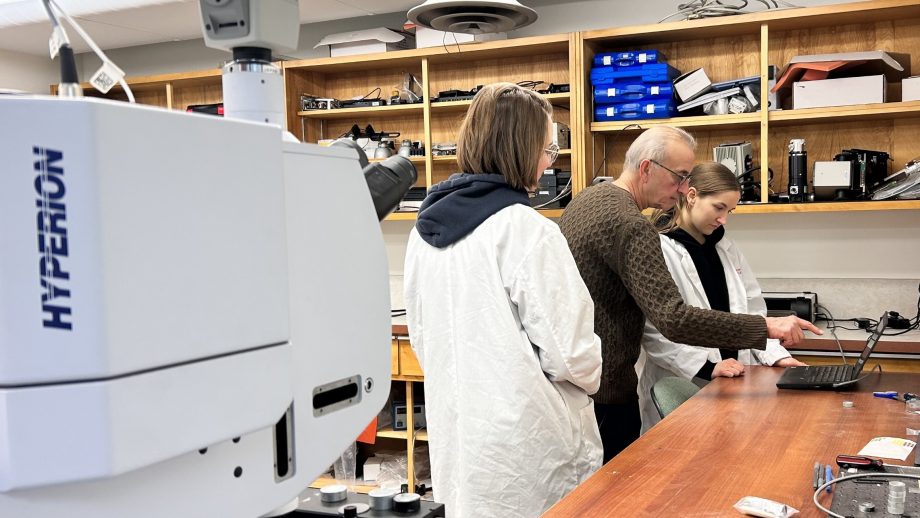When a major development, like a quarry or new industrial site, is proposed in a community, residents understandably want to know how it could affect their health, land, water, and way of life.
This is when an impact assessment (IA) is needed. An IA helps governments, communities, and developers make informed, evidence-based decisions that reduce harm and support positive outcomes for people and the environment.
A new report released today sheds light on the importance of IA for Manitobans.
We heard clearly from Manitobans that they expect the protection of people and the environment through a robust provincial impact assessment process.
Dr. Patricia Fitzpatrick
The Manitoba Eco-Network, in collaboration with the Public Interest Law Centre of Legal Aid Manitoba and The University of Winnipeg, released Putting People and the Planet First: What Manitobans Expect from Impact Assessment.
“We heard clearly from Manitobans that they expect the protection of people and the environment through a robust provincial impact assessment process,” said Dr. Patricia Fitzpatrick, co-author of the report and Professor in UWinnipeg’s Department of Geography.
The importance of meaningful public participation
Participants emphasized that an effective IA process must recognize Indigenous rights, include gender-based and fact-based analysis, consider cumulative and long-term environmental consequences, and consider both human health and ecosystem impacts. They also stressed the importance of meaningful public participation through diverse and accessible formats and expressed strong support for Indigenous-led assessments and stronger enforcement measures.
“We had nearly 500 Manitobans participate in the survey or workshops,” said James Beddome, Executive Director of Manitoba Eco-Network. “420 people started the survey, with 88% finishing. This demonstrates there is a high level of public interest in impact assessment.”
Provinces need to take the lead
The report notes that as the federal government steps back from IA in some areas, provinces will increasingly need to take the lead. The authors found that Manitobans are wary of rapid development that overlooks community well-being or shifts environmental burdens onto vulnerable populations.
“Our data shows that Manitobans have great ideas about the future of impact assessment in Manitoba and are eager to share their thoughts on how to strengthen provincial protections,” said Heather Fast, co-author of the report and Policy Advocacy Director for the Manitoba Eco-Network.
The report recommends that the Manitoba government work collaboratively with Indigenous rights-holders to identify meaningful reforms, engage broadly with the public to understand shared priorities for change, and develop new policies that reflect what Manitobans have said they want from IA.
“The Government of Manitoba needs to step up and ensure provincial requirements are modernized and strong enough to protect Manitobans,” said Dr. Fitzpatrick. “There is also a need for better cooperation with other levels of government, especially the federal government, as new IA coordination agreements are developed.”
Funding for the project was provided by the Social Sciences and Humanities Research Council of Canada (SSHRC) and the Manitoba Law Foundation.
About UWinnipeg’s Department of Geography
The Department of Geography has faculty members who are trained in virtually all of the major fields of study. Its laboratory facilities are among the best in Canada. In addition to geomorphology, geology, and soils labs, the Department has excellent facilities for the study of Remote Sensing, Cartography and Geographic Information Systems through three computers labs.
About the Manitoba Eco-Network
The Manitoba Eco-Network is a non-profit registered charity which seeks to strengthen Manitoba’s environmental community with the goal of protecting our environment for the benefit of current and future generations. The Eco-Network facilitates connections, engages in advocacy opportunities, and undertakes community-based research that promotes meaningful public participation in environmental governance processes.
About the Public Interest Law Centre of Legal Aid Manitoba
The Public Interest Law Centre represents groups and individuals on issues affecting the environment, human rights, Indigenous people, consumers and low-income persons. It assists those who are far too often silenced in legal and public policy debates by providing high quality, evidence-based advocacy.





